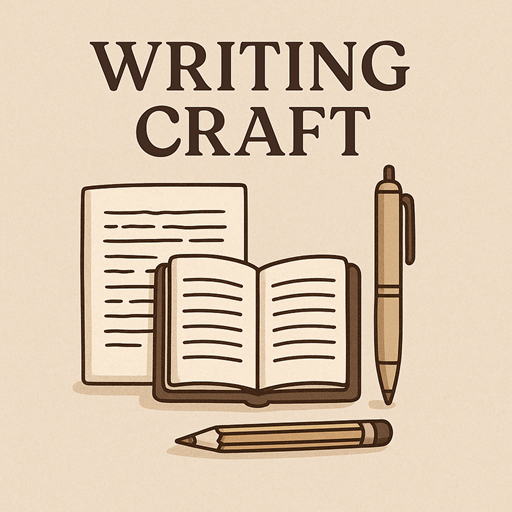I wasn’t a natural reader growing up. I mean, I could read just fine, but it was slow. Painfully slow. I needed to hear every word in my head as I read it—feel the rhythm, the cadence. Skimming never worked for me. If the language didn’t land sonically, it didn’t land at all.
For years, I thought that made me less of a reader. I’d see people tear through books like they were downing a smoothie, while I’d sip each sentence like dark chocolate—one measured word at a time. It felt inefficient, like I was somehow behind.
Then I found audiobooks. And text-to-speech. And suddenly the floodgates opened.
I started “reading” while walking, commuting, shopping—anywhere I had movement or quiet time. And the crazy thing is, I didn’t lose the intimacy with the text. If anything, I gained it. The voice, the pacing, the emotional inflection—it brought the words to life in a new way. It made reading a full-body experience.
And with that shift, I started devouring books.
Different genres. Different voices. Deep dives into specific authors or ideas, but also wild detours across disciplines—science, religion, mythology, economics, fantasy, psychology, memoir. If it sparked something in me, I followed it. No guilt. No rules.
Over time, I realized just how much all that reading was shaping me as a writer.
I didn’t just absorb stories—I started feeling their inner mechanics. Sentence structure, pacing, dialogue, emotional beats. It’s like my brain started to internalize the music of narrative.
But the real gift? All that reading gave me language for things I didn’t know how to say. Ideas I’d felt but never formed. Emotions I couldn’t name. It cracked open new rooms in my mind, and with them came new characters, new worlds, and new truths to explore.
I write better because I read broadly. I know how a detective thinks because I’ve been inside their head. I can write about grief or longing or absurdity because I’ve seen it handled a thousand ways by masters and misfits. I don’t have to imitate them—but I stand on their shoulders.
Sometimes people ask how to become a better writer, and I always want to say: read like your life depends on it. Not because you should, but because you get to. Let your curiosity lead. Let your mind wander. Read the things that scare you, thrill you, confuse you. Let them change you.
You don’t have to be fast. You just have to stay open.
I’m still a slow reader at heart. But now I know: slow isn’t broken. Slow can be powerful. It can be a secret weapon.


